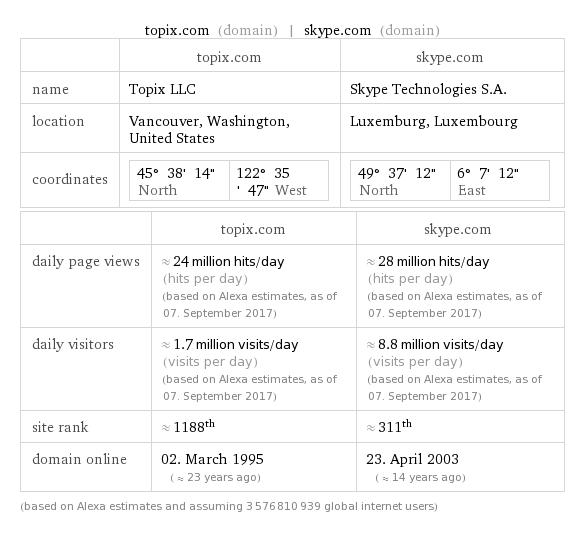
Prime number math definition
| Input interpretation |
|---|
| prime number | detailed definition |
| Result |
| A prime number (or prime integer, often simply called a “prime” for short) is a positive integer p>1 that has no positive integer divisors other than 1 and p itself. More concisely, a prime number p is a positive integer having exactly one positive divisor other than 1, meaning it is a number that cannot be factored. For example, the only divisors of 13 are 1 and 13, making 13 a prime number, while the number 24 has divisors 1, 2, 3, 4, 6, 8, 12, and 24 (corresponding to the factorization 24 = 2^3·3), making 24 not a prime number. Positive integers other than 1 which are not prime are called composite numbers. While the term “prime number” commonly refers to prime positive integers, other types of primes are also defined, such as the Gaussian primes. |